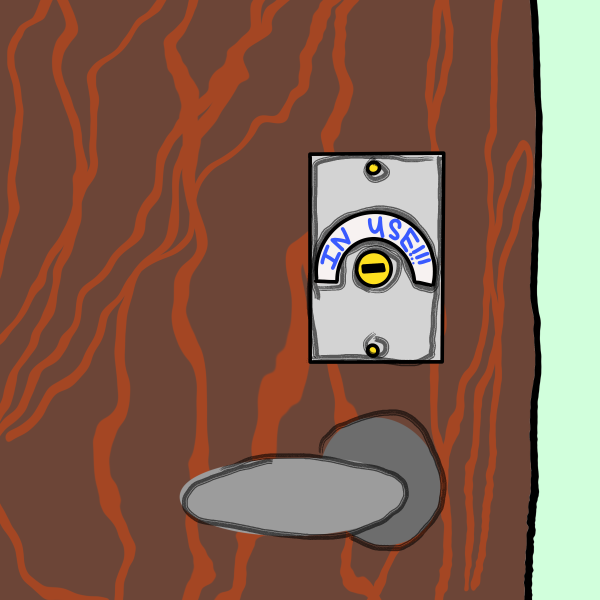Don’t worry about the purity of your rice
The Rice Purity Test and why it might be toxic
November 18, 2020
“Caution: This is not a bucket list. Completion of all items on this list will likely result in death.”
The smug little blurb at the top of the page is so cheeky they may as well have added a smirking face emoji.
The Rice Purity Test: a denizen of late-night conversations in dorm lounges, unpleasantly long car rides and locker rooms around the country.
For those of you who may not know, the Rice Purity Test is an online quiz composed of one hundred very personal yes or no questions about a person’s sexual history, criminal record and experiences with drug and alcohol consumption. Though it originated at Houston’s Rice University, it has become increasingly popular all over the country, especially during quarantine.
“Purity Tests” are actually a fairly old idea, having appeared as early as 1935 at Columbia University, but as their popularity exploded in the mid-80s, the Rice Purity Test became the most familiar.
The idea is that a person’s score will give others an idea of their level of innocence, or purity.
The results are calculated by tallying up all the questions answered with a checked box for a total out of one hundred; high scores representing high purity, and low scores the opposite.
That means questions like “Have you ever held hands romantically?” have the same weight in determining someone’s “purity” as “Have you ever used methamphetamine?” Right away, it’s easy to see some pretty major flaws in the test’s accuracy, but I’m not here to critique its methodology.
The Rice Purity Test isn’t a very serious thing for most people. It’s generally taken with friends who laugh about it and joke, but it might have more gravity than we think and it certainly represents a much larger problem: peer pressure.
One moment, while I step up onto my eighth-grade health teacher soapbox.
The connotation of the word “pure” is generally a good one, but when placed in the context of a college campus – especially among men – it’s not necessarily a label that’s sought after. Nobody wants to seem innocent or inexperienced. Maybe it comes from our crippling fear of the passage of time or the desperation to have as many experiences as we can before we’re thrown into the unknowability of the afterlife.
When this mixes with the slurry of toxic masculinity that still courses through many of our veins, the effect intensifies. There’s such a drive for men to seem experienced that guys lying about having sex has become a staple gag in sitcoms.
Regardless, the result is that low scores on the Rice Purity Test are cool. People might feign embarrassment or breathless disbelief – “Oh, my God. No! It’s so low, you guys!” – but there’s always a twinge of pride in knowing that you’ve done more naughty things than someone else, to the point where it becomes a competition.
That’s where that good ol’ fashioned peer pressure comes in. As my own eighth-grade health teacher taught me, peer pressure is rarely directed at you by your peers, it stems from an environment in which the drive to impress your peers is stronger than your judgment.
Despite the blurb at the top of the page, some part of you is always going to want to treat the test like a bucket list to feel that twinge of pride.
That’s a problem. Not only because one of the questions is “Have you ever engaged in beastiality?” but because it perpetuates an image of a respected college student as someone who is well versed in the use of substances, sexually active and with a criminal record.
Before you call me a bootlicker, let me say that there is absolutely nothing wrong with any level of consensual sexual activity or responsible use of substances, but there’s also nothing wrong with their absence, and no one should ever feel pressured into either.
According to the website, the Rice Purity Test is an “opportunity for O-week [orientation week] groups to bond, and for students to track the maturation of their experiences throughout college.”
I think that really sums up what’s so problematic about this test. Even if it’s taken as a joke most of the time, it’s creating this ludicrous notion of maturity – a notion that you may not even realize you buy into.
I understand that people probably aren’t going to stop taking purity tests, but I would encourage you all to be cognizant of how you interpret your results. 99 or 2, you are still valid.





